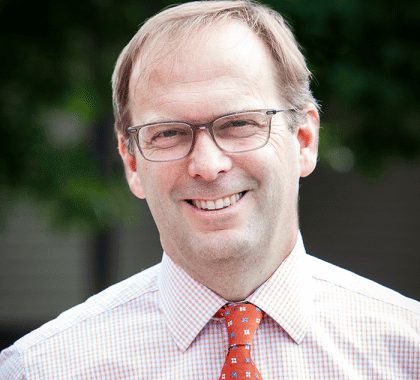How I had hoped this would be the space where I might share my reflections on the important lessons to be taken from 2020, even as we rush into the new year with renewed hope and optimism. Hopefully, I’ll be able to share those reflections next week. The world beyond our walls has intervened once more, this time with violence and an assault on our democracy. So I will take time now to address it and clarify why such an assault matters to the work we do at Belmont Day.
Since the inception of our middle school, our eighth grade students have traveled to the nation’s capital each June. In many ways, their time in Washington, D.C. was a symbolic affirmation of all they have learned here at Belmont Day about civic engagement, civil rights, social justice, equity, inclusion, communication, and collaboration and how they might make use of this knowledge in the future. I hoped our eighth grade students experienced our capital city and the Capitol Building as the symbols of hope and the promise of democracy they are intended to be.
On Wednesday, the city and the Capitol were the opposite of those things. We watched an act of domestic terrorism perpetrated in a building regarded as ‘The People’s House.’ We witnessed a symbol of white supremacythe Confederate flagweave its way through the Capitol halls for the first time since before the Civil War. We watched in real-time as the experiment of our democracy was pressure tested from within its walls, by its citizens. We witnessed the stark difference between the way those sworn to protect and defend chose to respond to the protests surrounding the deadly shooting of George Floyd and the response to the assault on the Capitol that temporarily disrupted the confirmation of our next President. The symbolism was devastating.
On Thursday morning, we invited conversations among our middle school students and also guided several that occurred organically in the upper elementary grades. From our students’ impressive level of engagement, we witnessed their empathy, care, concern, and the ease with which they could make connections to lessons they had learned in the Honoring Differences Seminar or a given social studies class. We also heard several students express a sense of inevitability about these eventsthese students perceived them to be almost a natural consequence of other social and political unrest they have witnessed unfolding in recent months. This impression is perhaps one of the most difficult aspects of this for us.
In a letter to the faculty on Wednesday night, I noted my belief that teaching is an act of courage, and certainly, in the age of COVID, that belief has been affirmed. Teaching is also an act of freedom, and freedom in our country is a right guaranteed by our Constitution. This week, I have watched teachers exercise that right even as they reconciled their disbelief at having to do so. They answered questions that include:
- “Could they really overturn the election?”
- “Why did some people get safely taken from the building and others left on their own?”
- “Why weren’t more people arrested?”
- “Why did people feel the need to take selfies while they were there?”
- “Why don’t people understand that breaking into the Capitol is not ok?”
- “Will this continue, and will it get more violent?”
- “Why did the response to the Black Lives Matter protests this summer look so different from this one?”
- “Will the President be removed from office?”
- “Why did it take so long to get them out of the Capitol? Why didn’t they stop the people from breaking in sooner?”
- “Why would people do something so wrong?”
- “Do the politicians involved see the hypocrisy of this?”
One can only assume that the unspoken part of that last question is: “the way we do.” I take great comfort in the knowledge that these questionsquestions that are possible because of the freedoms of expression guaranteed by our Constitutionare encouraged by a courageous faculty willing to engage with students on issues of social justice, equity, and inclusion. Their teachers help them to think critically and interpret a world coming at them at unfathomable speed, who see them as agents of powerful change who will contribute to a brighter future for our nation and our democracy. And, my heart breaks that we have students as young as eight years old who find themselves needing to ask these questions at all.
It is hard to imagine, given all the challenges we have already experienced this school year, but Wednesday’s events may be among the most difficult to process. I could not be prouder of our faculty and our students’ work in response.




